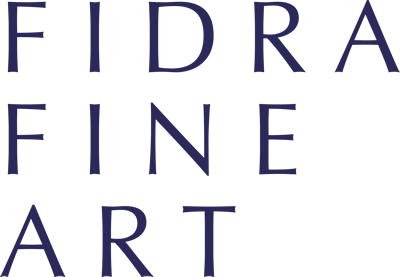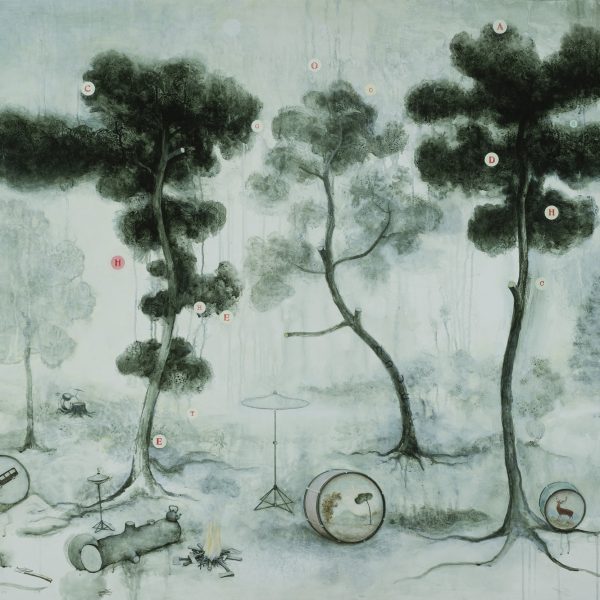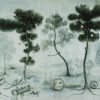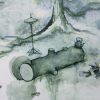About the Artist
Alasdair Wallace was born in Glasgow 1967 and studied at The Glasgow School of Art from 1987 to 1991. On graduation he travelled to Italy with the John Kinross Scholarship from the Royal Scottish Academy.
He has received numerous other awards since then including the William Littlejohn Award and the Guthrie Medal from the RSA, The Alexander Graham Munro Travel Award and the Walter Scott Award from the RSW, The Armour Award and The City Of Glasgow College Award from the RGI. He won The Noble Grossart Painting Prize in 2001and in 2018 he received the W Gordon Smith And Mrs Jay Gordon Smith Award at the annual exhibition of the Society Of Scottish Artists in Edinburgh.
His works are held in a number of collections including: Glasgow Museums and Galleries, The Walter Scott Collection, The Fleming-Wyfold Art Foundation, Cromarty Arts Trust, The Royal Scottish Academy, North Lanarkshire Council, Grampian Hospitals Art Trust and The City Of Glasgow College.
Artist Statement
Taking my viewpoint from the unfixed margin between the rural and urban edge of the city, my paintings and etchings are produced in an intuitive process of invention, oblique observation and memory. There is a constant accumulation of the absurd, of everyday places, objects and ideas which snag my vision. The work evokes a sense of absurd icon, portent or obscure signal tempered with humour.
I aim to produce images which seem to have an emblematic quality but which have an ambiguity that might engage the imagination of the viewer. I don’t seek to record specific places or objects but I hope that the work conveys something of real experience.
The attitude I have to my working practice is that it is one long continuous and slow moving process. I always have numerous and varied pieces of work underway in the studio which overlap and interweave. Some pieces can stall for years - until they 'make sense' again alongside new work. The process is reactive. There are plenty of quick tangents and capricious forays along the way but somehow everything eventually feeds back into this slow elliptical orbit of work.






